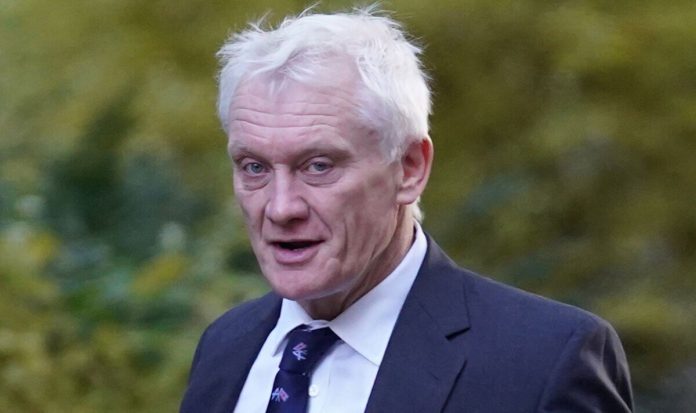Energy bills are set to fall again from October 1 but consumers may want to read up on how the price cap actually works to ensure they aren’t hit by higher bills than expected.
The Ofgem price cap is set to fall from October to December with average bills for a typical dual fuel household paying by direct debit falling from £2,074 a year to £1,923 a year.
But the cap does not represent the absolute maximum that an individual consumer can pay for their energy usage. An energy user, for example, cannot leave every device turned on 24 hours a day and still expect their payments not to exceed the cap.
A crucial thing for bill payers to understand is the price cap relates to the unit price of energy, with the average figures based on typical usage.
This means a larger household with above average usage will pay more than the above figures so people should be careful about their usage.
Another consideration is people tend to use more energy going into the colder months as heating usage rises so monthly bills may go up heading into winter.
Richard Neudegg, director of regulation at Uswitch.com, said: “Rates for the average home will be seven percent lower from October to December, but energy prices remain volatile and are predicted to rise again in January.
“Despite lower unit rates, energy use will be higher, so the average household may only save around £47 next quarter compared to current rates.
“When we also consider that there is no universal Government bill support this winter, the average household will actually be paying more than they were over the same period last year.”
Last year, all households with a direct domestic energy supply received a £400 energy bills discount from the Government in six monthly instalments, from October 2022 to March 2023.
Without the £66/£67 a month payments, Britons will be paying more for their energy this winter.
The price cap news comes after energy minister Graham Stuart wrote for Express.co.uk about the Government’s ambitions to bring down electricity wholesale prices to among the cheapest in Europe.
He said: “We will do this by making the most of our position as world-leaders in renewables and nuclear technology as well as our vital oil and gas sector. It will help us bring industries back to our own shores and unlock growth and jobs.”
Another wider concern from many energy experts is whether the price cap is having the desired effect of keeping prices down for consumers.
Edmund Greaves, editor of personal finance blog Mouthy Money, warned there is a lack of competition in the energy market to incentivise keeping prices down for customers.
He explained: “Before the pandemic we had a wide market of energy providers and it was generally very competitive.
“The cap was, if not ideal, not too bad in these circumstances with lots of consumer deals available for those savvy enough to get a better price for their energy.
“After the ravages of the energy market crisis we’re left with a relatively small cadre of firms dominating the sector.
“These companies have big customer bases and don’t care about being competitive on price, so for the most part are happy to squat like glistening toads right at the higher end of the cap.
“It is patently clear that as prices come down the cap is showing itself to be non-functioning. It is a target for these companies, not a limit. It’s time for a big rethink on how energy prices are regulated and for competition to be reinjected to the market.”
Doug Stewart, CEO of 100Green, called on the Government to scrap the price cap as it’s “never been a cap” and is not achieving its purpose.
He said: “We need to return to suppliers being free to set prices, but support this with rigorous regulation to prevent a return to the race-to-the-bottom price mentality, which encourages price gouging when fixed term cheapest-price contracts come to an end.”
Mr Neudegg also called for changes to the energy pricing rules. He said: “Instead of regulating the exact price of energy every three months and banning cheaper deals, we should set the principle we want to achieve in regulation – that a standard tariff is priced fairly, based on costs.
“This could require all suppliers to offer a transparent standard tariff that provides value for money to households, but also gives them the ability and incentive to do things better. Targeted support should also be available to the most vulnerable.
“For consumers who would like more price certainty over the winter months, there is still an opportunity to lock in a reasonably priced fixed deal before rates potentially rise again.”
For the latest personal finance news, follow us on Twitter at @ExpressMoney_.
Source: Expressnews.co.uk

